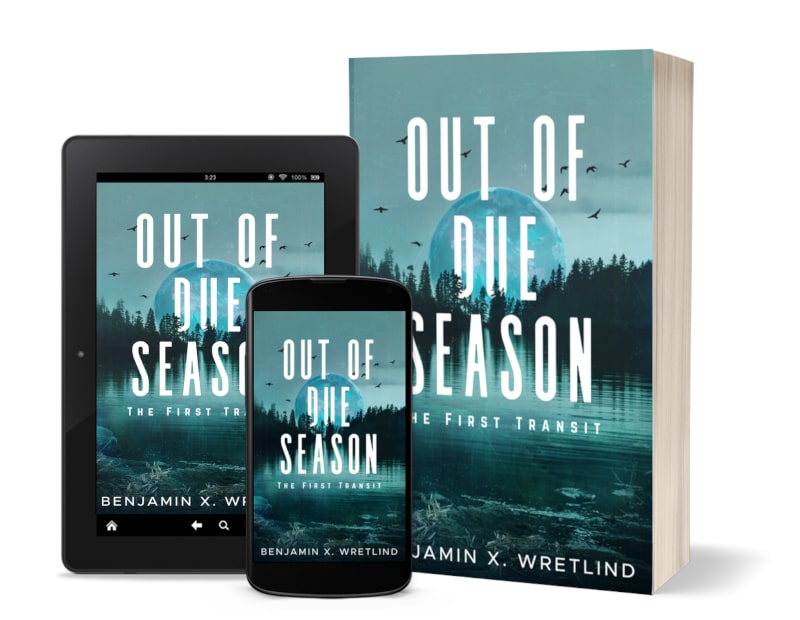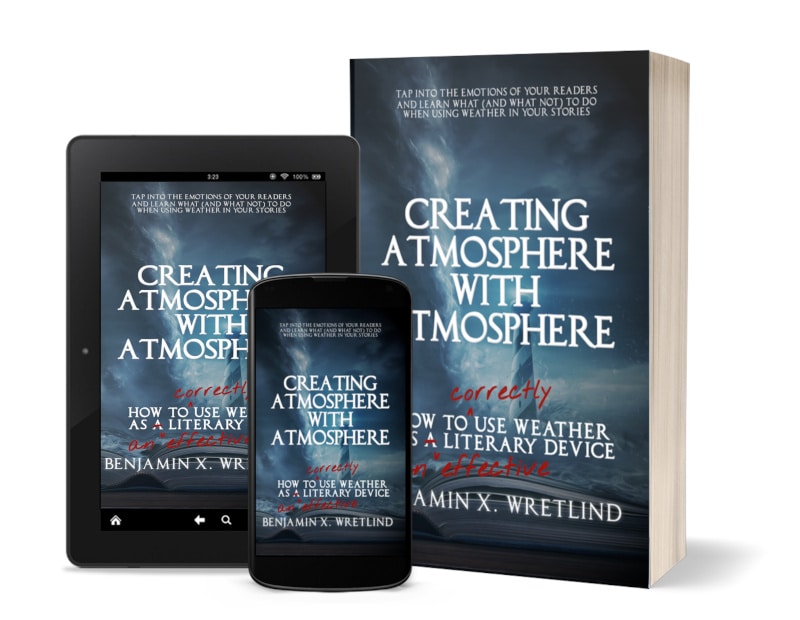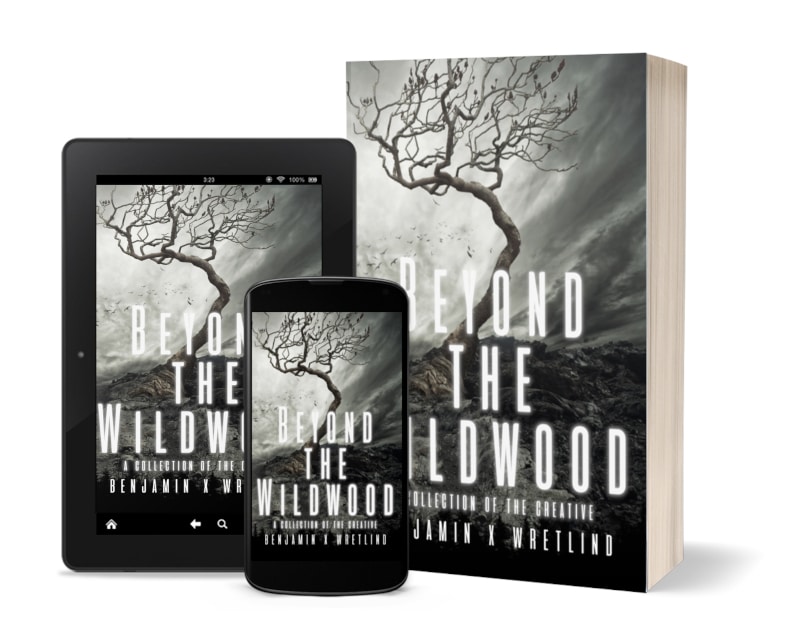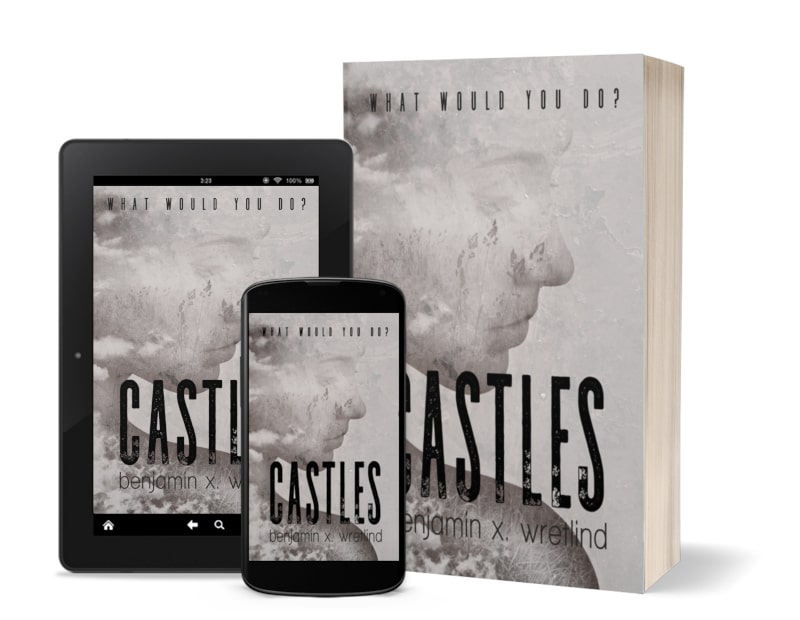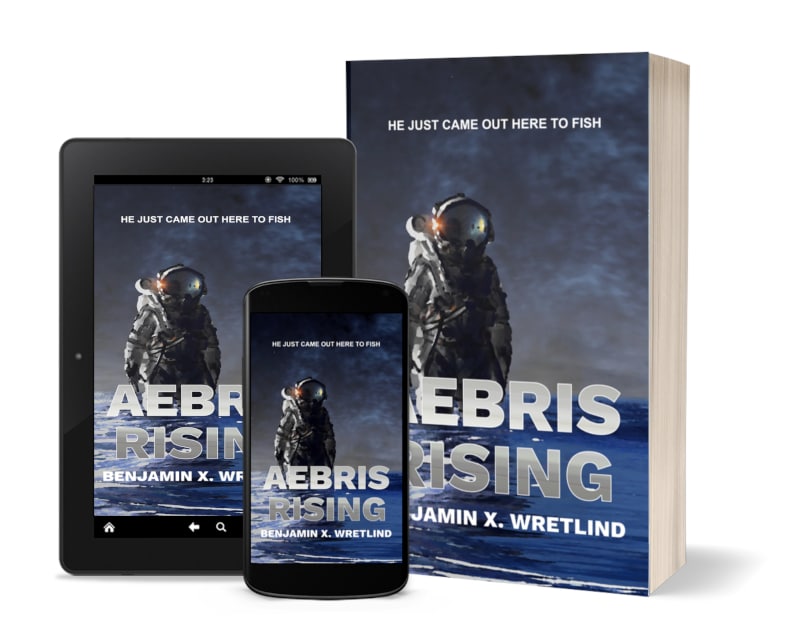Using Emotional Intelligence to Enhance Your Writing

Success as a writer depends not only on your ability to, well, write, but also on your ability to connect with your readers on an emotional level. It’s all about using emotional intelligence.
Emotional intelligence is a critical skill that you can use to create stories that resonate with readers and leave a lasting impact. This is something I have been exploring with the help of one of the founders of the MSCEIT Emotional Intelligence Test and the Yale Center for Emotional Intelligence.
Simply put, emotional intelligence involves the ability to recognize and manage your own emotions and the emotions of others. I’m probably going to expand on this much later, but here are my initial thoughts on the matter.
First, understand your own emotions
This is hard for me, as it may be for you. Then again, you may be one of those people who are always in touch with your emotions.
Understanding your emotions can help you create characters that are relatable and authentic. I personally spend a lot of time reflecting on my own emotions and experiences so that the characters I write have a little depth.
Granted, I’m a nutcase, but that emotional history helps.
Next, empathize with your readers
Just as it’s hard for me to get in touch with my emotions (that “f-word” as in “feelings”), I know that one way to use emotional intelligence in writing is to empathize with my readers.
Ideally, I want to consider who my readers are and what they might be feeling as they read my work.
- Are they triggered by something?
- Does it make sense that they should feel a certain way?
Thankfully, I’ve had some feedback in this area from beta readers—they let me know what works, what they feel, and what needs help.
Use emotional language
Show, don’t tell. The language you use in your writing can have a powerful emotional impact on your readers.
When I was younger and completely out of touch with my feelings, I might have written “he felt sad.” Now I step back and consider using vivid, descriptive language that evokes strong emotions.
There were times while writing All We Leave Behind that I needed to dive deep into my own emotions and write out what I thought people should be shown. If it didn’t work, I again had beta readers who were more than happy to tell me the truth.
Be aware of emotional triggers
As you write, be aware of emotional triggers that may be present in your work. Certain topics or scenes may be triggering for some readers, and it is important to be sensitive to these triggers.
I’ve made the mistake of writing something that was very triggering for a lot of people and expecting they would just “get it.” Guess what?
↑ That wasn’t a good example of using emotional intelligence in writing.
Use feedback to improve your emotional intelligence
Finally, use feedback from readers to improve your emotional intelligence as a writer. Pay attention to how readers respond emotionally to your work, and use this feedback to refine your writing. Take note of what resonates with readers and what does not, and use this information to make your writing more emotionally impactful.
Using emotional intelligence in our writing is a critical skill, especially if we want to create stories that resonate with readers.
By understanding your own emotions, empathizing with your readers, using emotional language, being aware of emotional triggers, and using feedback to improve, you can become a more effective and emotionally intelligent writer.
It takes practice. I’m still working on it, and one of the days I’ll stop calling “feelings” that “f-word.”



